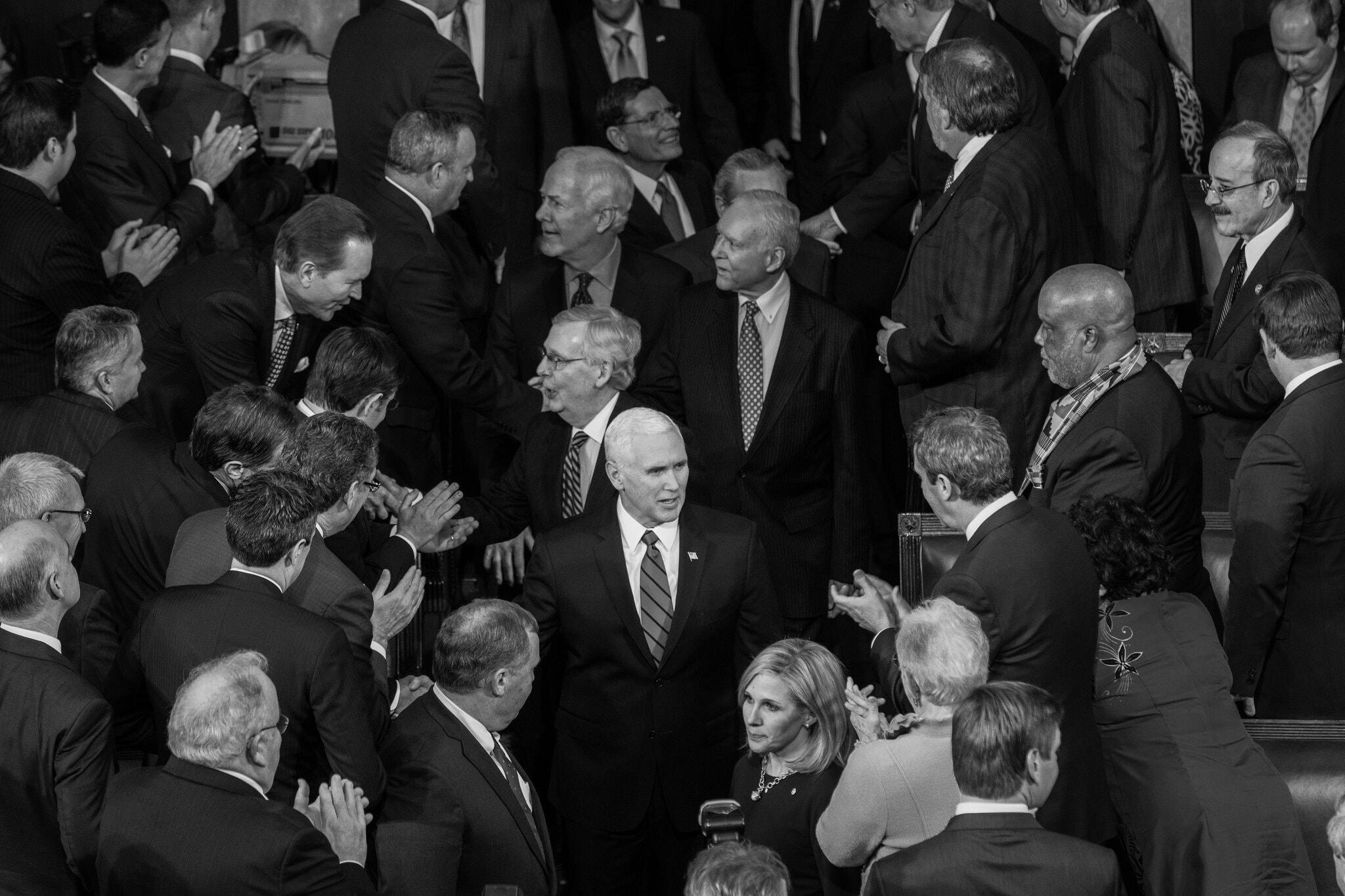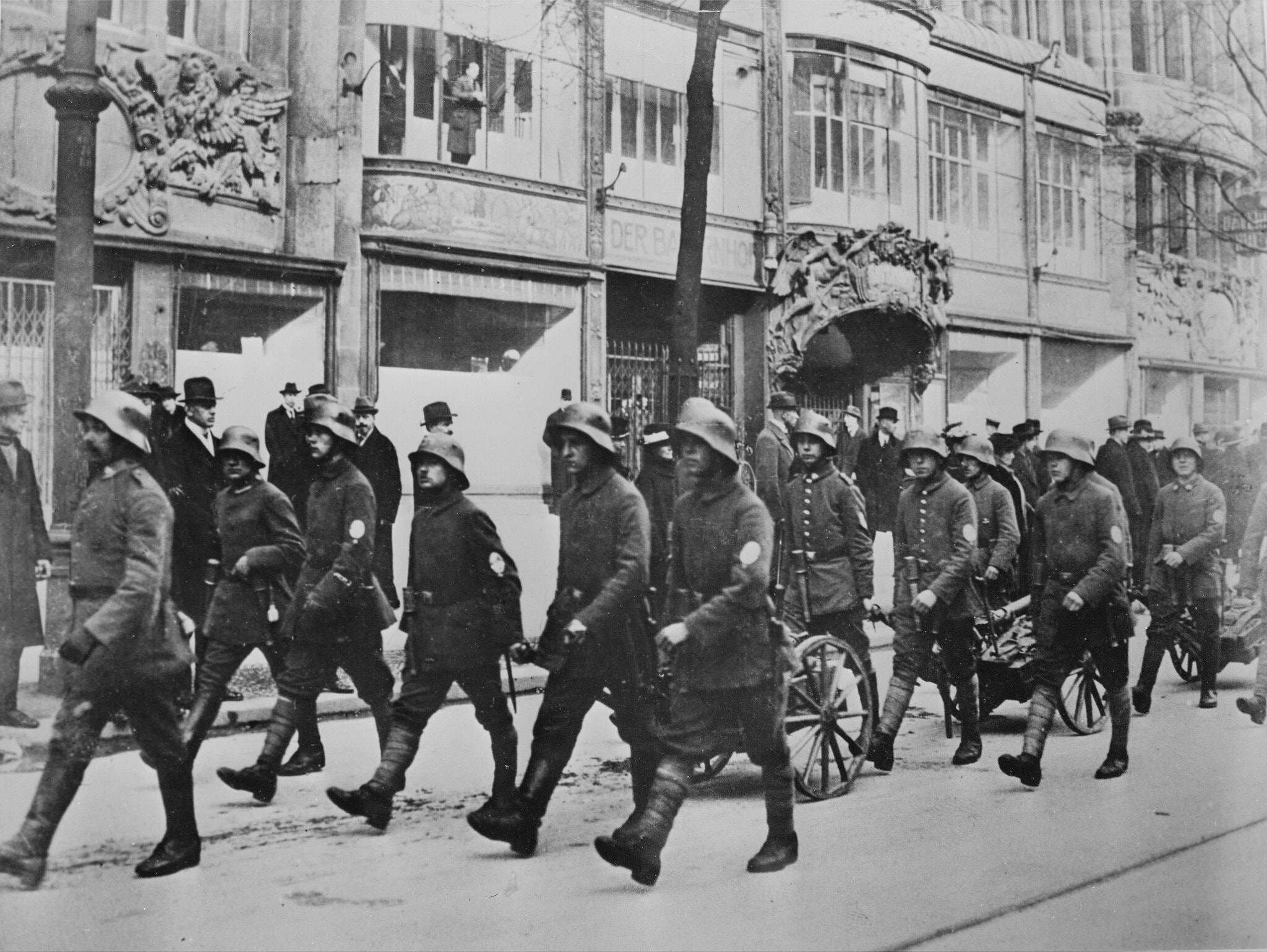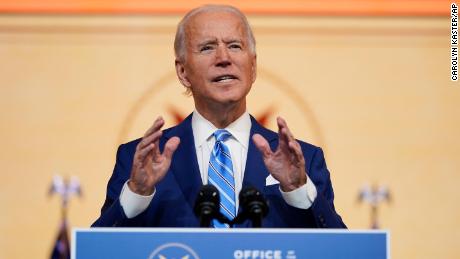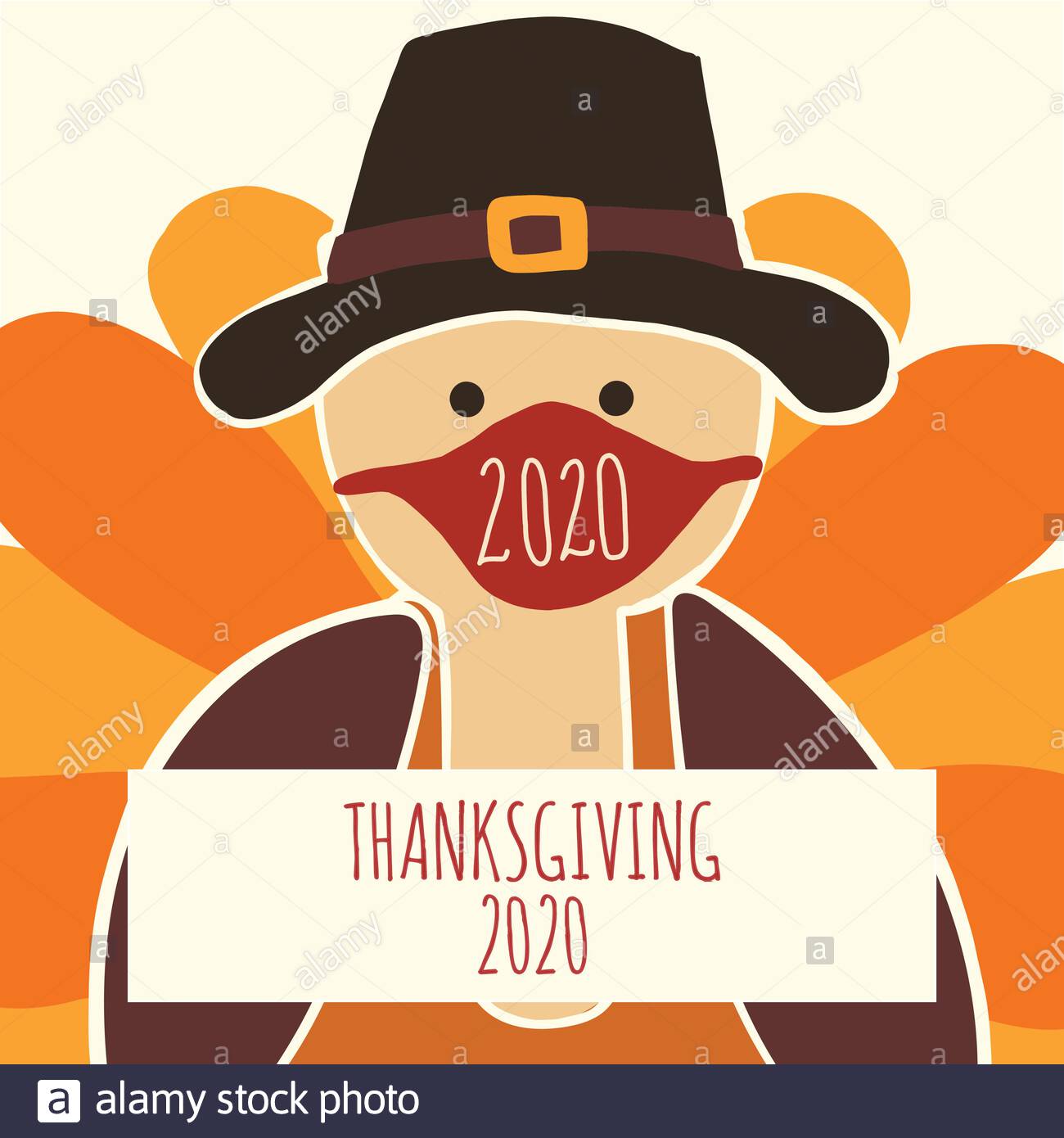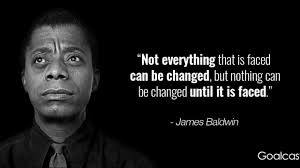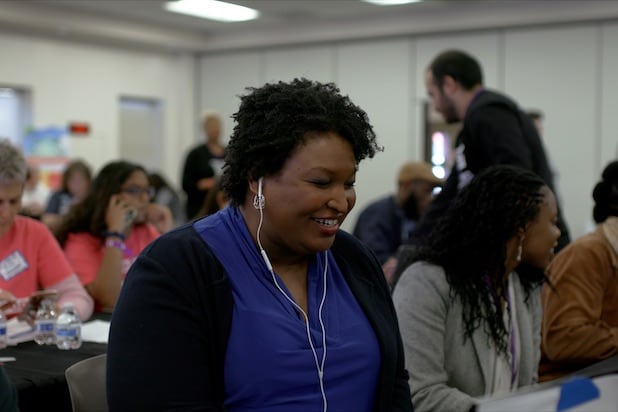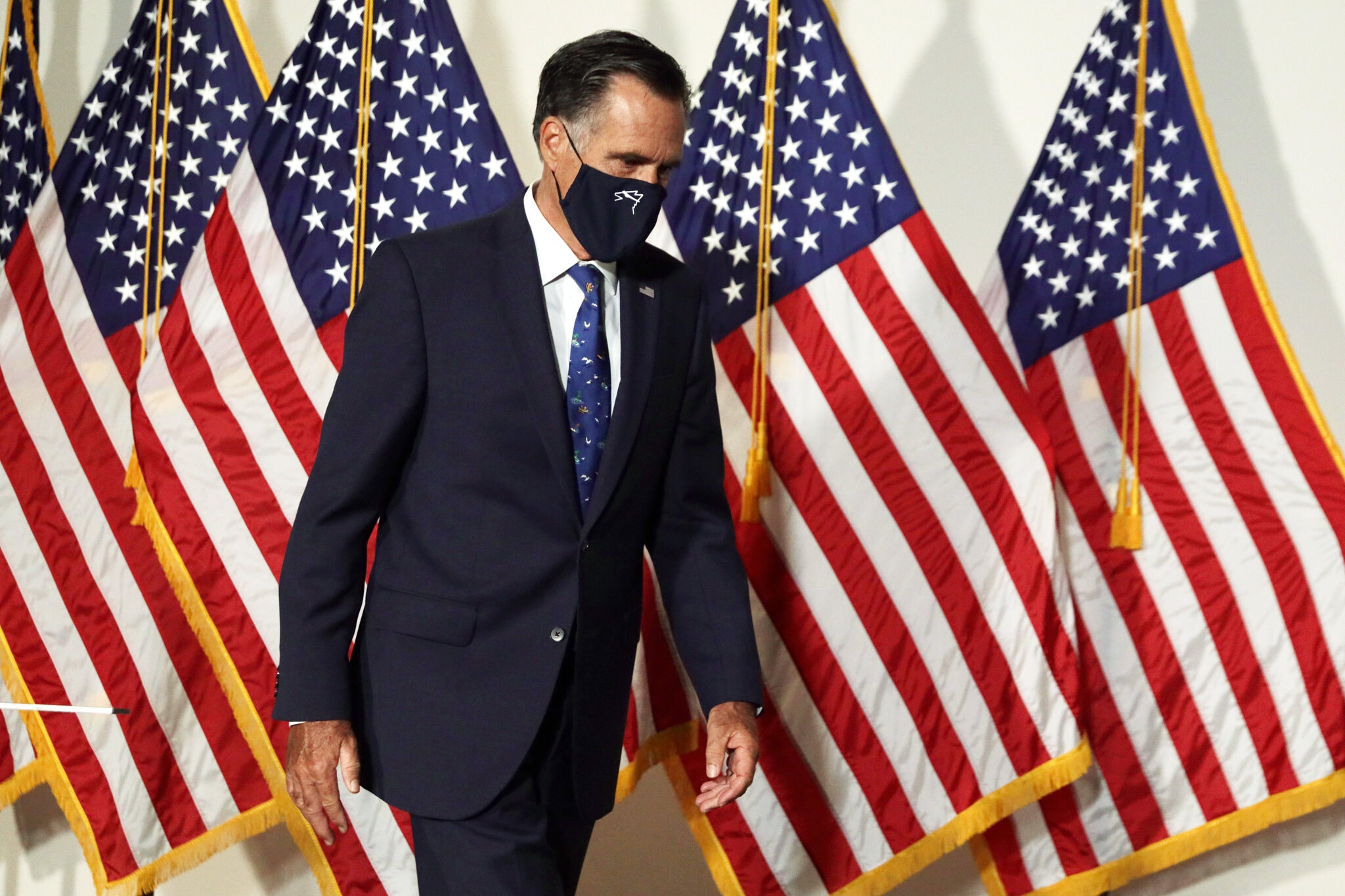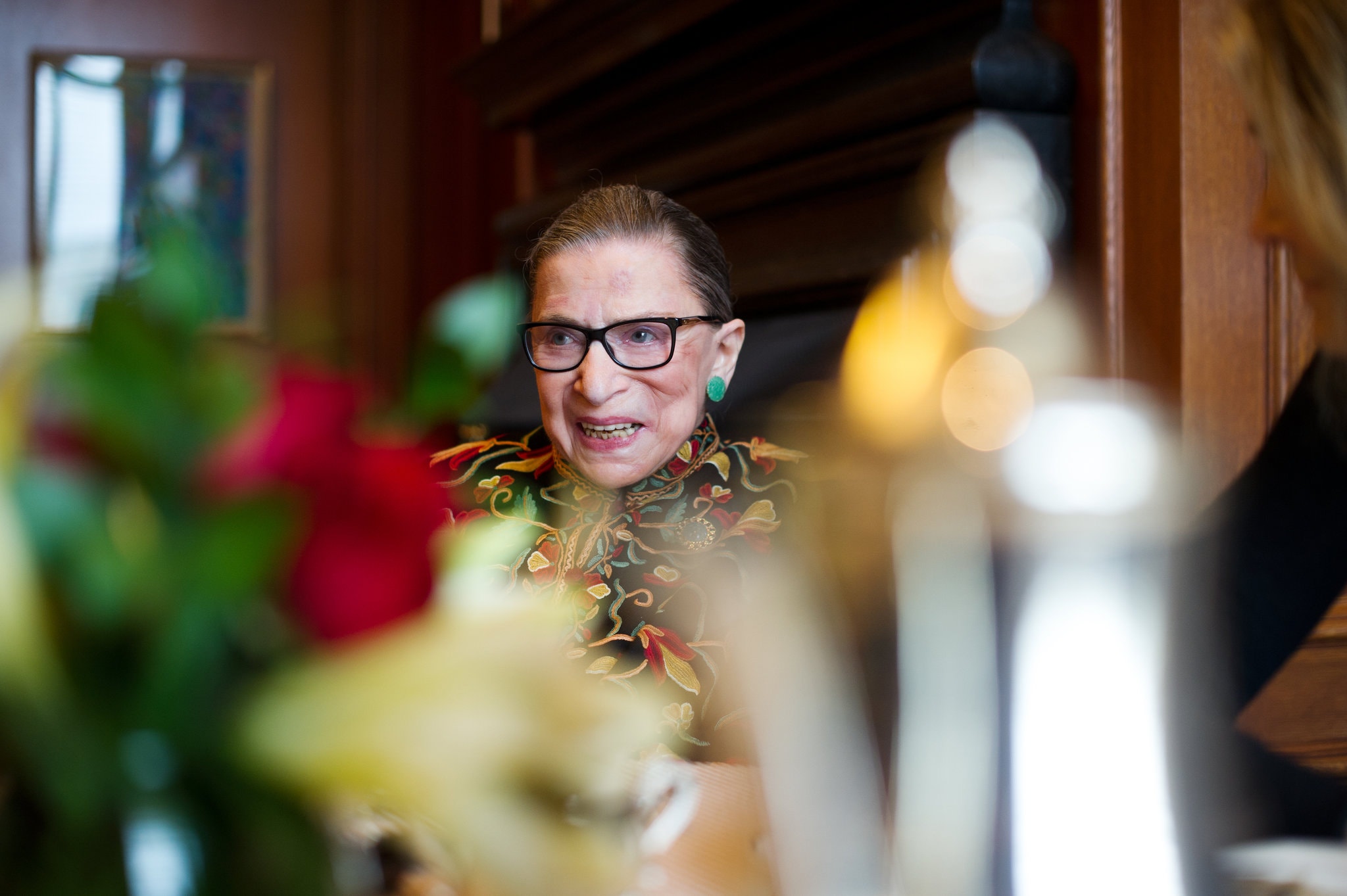On Jan. 6, the vice president will preside as Congress counts the Electoral College’s votes. Let’s hope that he doesn’t do the unthinkable — and unconstitutional. By Neal K. Katyal and John Monsky, Dec. 29, 2020.
President Trump recently tweeted that “the ‘Justice’ Department and FBI have done nothing about the 2020 Presidential Election Voter Fraud,” followed by these more ominous lines: “Never give up. See everyone in D.C. on January 6th.”
The unmistakable reference is to the day Congress will count the Electoral College’s votes, with Vice President Mike Pence presiding. Mr. Trump is leaning on the vice president and congressional allies to invalidate the November election by throwing out duly certified votes for Joe Biden.
Mr. Pence thus far has not said he would do anything like that, but his language is worrisome. Last week, he said: “We’re going to keep fighting until every legal vote is counted. We’re going to win Georgia, we’re going to save America,” as a crowd screamed, “Stop the steal.”
And some Republicans won’t let up. On Monday, Representative Louie Gohmert of Texas and other politicians filed a frivolous lawsuit, which has multiple fatal flaws in both form and substance, in an attempt to force the vice president to appoint pro-Trump electors.
Mr. Trump himself has criticized virtually everyone’s view of the election, from that of the Supreme Court to the F.B.I. to Senator Mitch McConnell, but he has never attacked Mr. Pence, suggesting he has hopes for the vice president. But as a matter of constitutional text and history, any effort on Jan. 6 is doomed to fail. It would also be profoundly anti-democratic and unconstitutional.
Both Article II of the Constitution and the 12th Amendment say that the votes of the Electoral College are to be opened by the “president of the Senate,” meaning the vice president. The Electoral Count Act, passed in 1887 to avoid chaotic counts like the one that followed the 1876 election, adds important details. It provides a detailed timeline to tabulate electoral votes, culminating with the final count to take place on Jan. 6, and it delineates the powers of the vice president.
He is to be the “presiding officer” (meaning he is to preserve order and decorum), open the ballot envelopes, provide those results to a group of tellers, call for any objection by members of Congress, announce the results of any votes on objections, and ultimately announce the result of the vote.
Nothing in either the text of the Constitution or the Electoral Count Act gives the vice president any substantive powers. His powers are ministerial, and that circumscribed role makes general sense: The whole point of an election is to let the people decide who will rule them. If an incumbent could simply maneuver to keep himself in office — after all, a maneuver to protect Mr. Trump also protects Mr. Pence — the most foundational precept of our government would be gravely undermined. In America, “we the people,” not “we, the vice president,” control our destiny.
The drafters of the Electoral Count Act consciously insisted on this weakened role for the vice president. They guarded against any pretense he might have to throw out a particular state’s votes, saying that the vice president must open “all certificates and papers purporting to be” electoral votes. They further said, in the event of a dispute, both chambers of Congress would have to disagree with a particular state’s slate of electoral votes to reject them. And they made it difficult for Congress to disagree, adding measures such as a “safe harbor” provision and deference to certification by state officials.
In this election, certification is clear. There are no ongoing legal challenges in the states of any merit whatsoever. All challenges have lost, spectacularly and often, in the courts. The states and the electors have spoken their will. Neither Vice President Pence nor the loyal followers of President Trump have a valid basis to contest anything.
To be sure, this structure creates awkwardness, as it forces the vice president to announce the result even when personally unfavorable.
After the close election of 1960, Richard Nixon, as vice president, counted the votes for his opponent, John Kennedy. Al Gore, in perhaps one of the more dramatic moments of our Republic’s short history, counted the votes and reported them in favor of George W. Bush.
Watching Mr. Gore count the votes, shut off all challenges and deliver the presidency to Mr. Bush was a powerful moment in our democracy. By the time he counted the votes, America and the world knew where he stood. And we were all lifted up when Mr. Gore, at the end, asked God to bless the new president and vice president and joined the chamber in applause.
Republican leaders — including Senators McConnell, Roy Blunt and John Thune — have recognized the outcome of the election, despite the president’s wrath. Mr. McConnell put it in clear terms: “The Electoral College has spoken. So today, I want to congratulate President-elect Joe Biden.”
Notably, Mr. Pence has been silent. He has not even acknowledged the historic win by Kamala Harris, the nation’s first female, first African-American and first Asian-American vice president.
He now stands on the edge of history as he begins his most consequential act of leadership. The question for Vice President Pence, as well as other members of Congress, is which side of history he wants to come down on. Can he show the integrity demonstrated by every previous presidential administration? The American people accept a graceful loser, but a sore loser never goes down well in the history books.
We urge Mr. Pence to study our first president. After the Revolutionary War, the artist Benjamin West reported that King George had asked him what General Washington would do now that America was independent. West said that Washington would give up power and go back to farming. King George responded with words to the effect that “if he does that, he will be the greatest man in the world.”
Indeed, Washington did so, surrendering command of the army to Congress and returning to Mount Vernon for years until he was elected president. And he again relinquished power eight years later, even though many would have been happy to keep him president for life. Washington in this way fully realized the American Republic, because there is no Republic without the peaceful transfer of power.
And it’s now up to Mr. Pence to recognize exactly that. Like all those who have come before him, he should count the votes as they have been certified and do everything he can to oppose those who would do otherwise. This is no time for anyone to be a bystander — our Republic is on the line.
